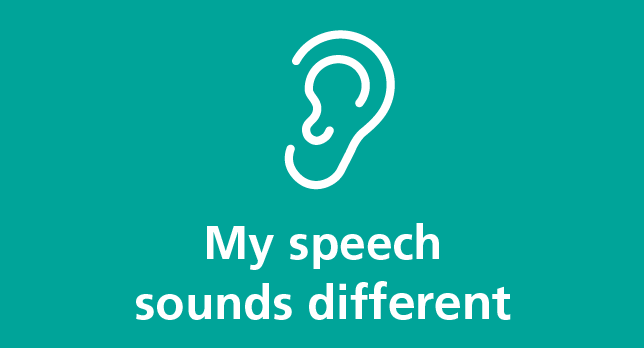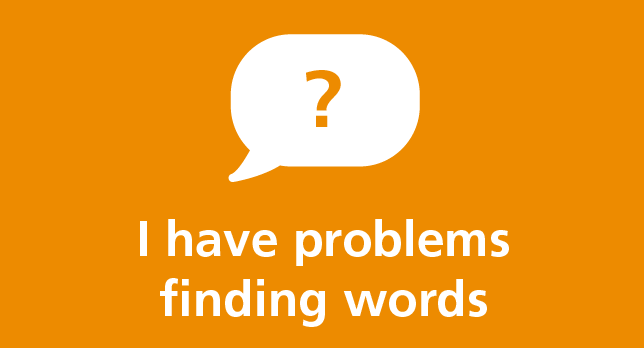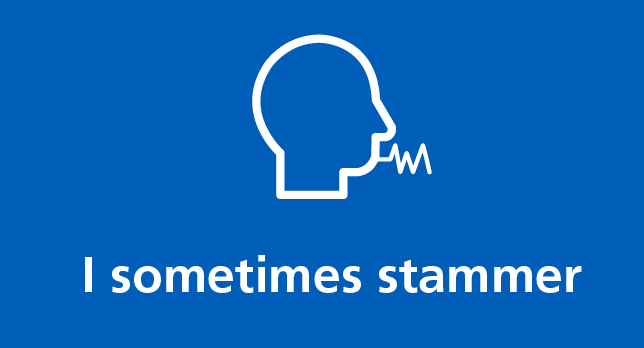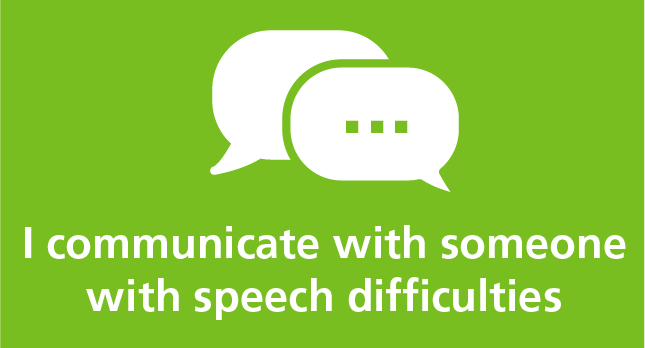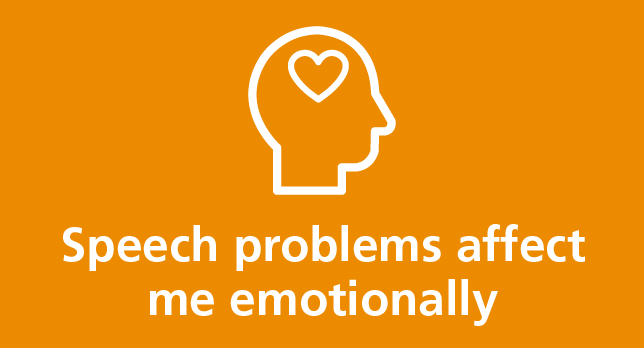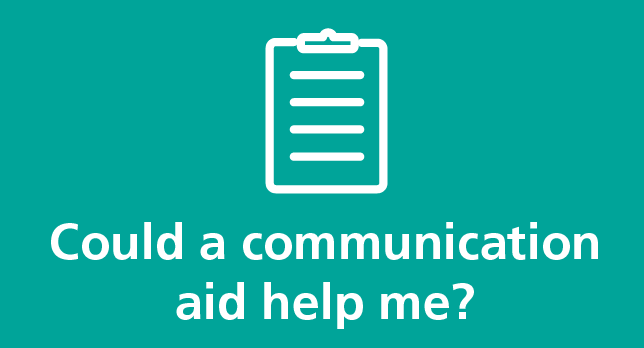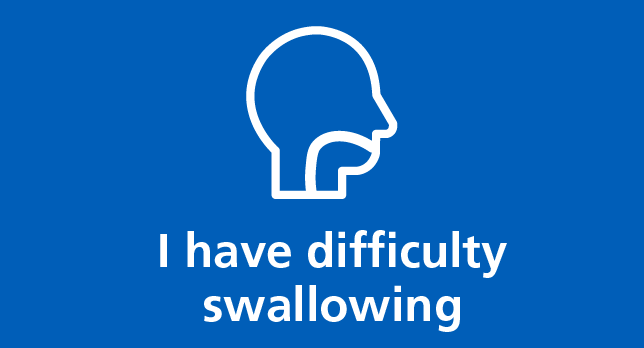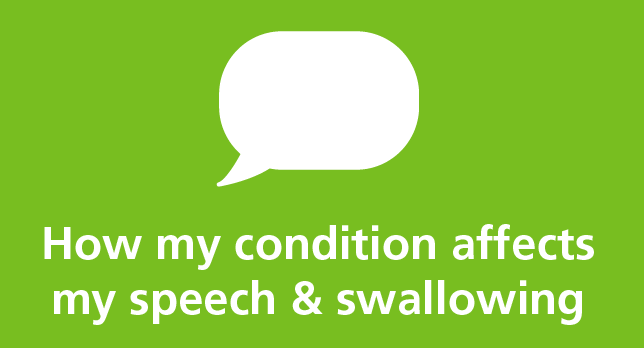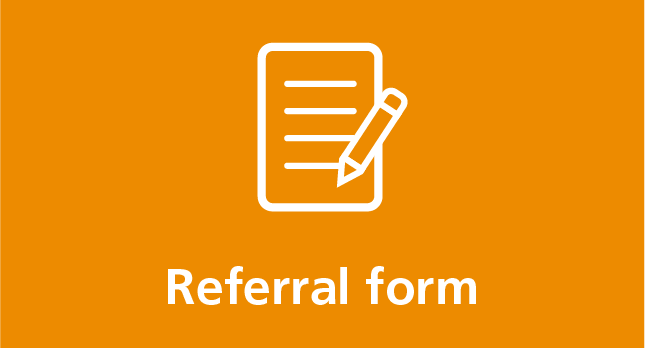We work with adults and their families/carers to help with speech and swallowing difficulties.
You can refer yourself or a family member direct to our service for support with communication difficulties. However, referrals related to swallowing (dysphagia), must come from a registered healthcare professional or GP. We will arrange sessions to suit you, either by virtual appointment, phone call or face to face at home.
We do not offer treatment for people with voice disorders – this is provided by speech and language therapy services at University Hospitals Dorset and Dorset County Hospital. You can be referred to these teams by your GP if you have had a recent ear, nose and throat (ENT) examination. We are also unable to support people undergoing gender reassignment – please speak to your gender clinic.
We hope the information on the pages below will help you to understand and manage your difficulties.
